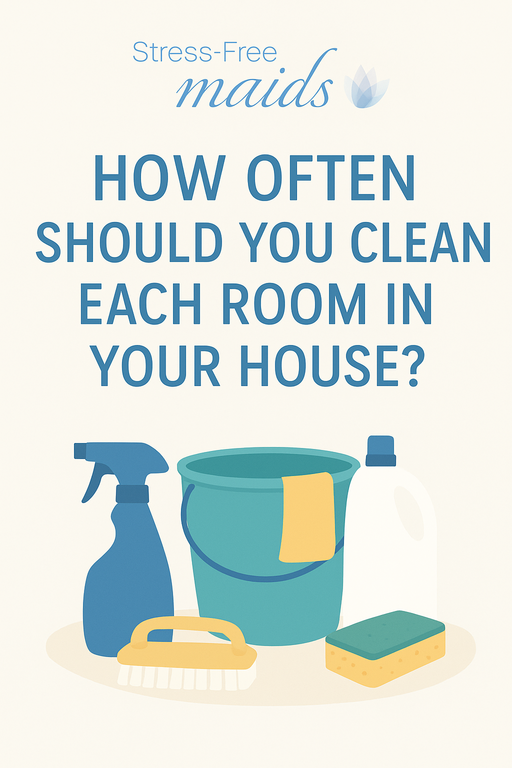.png)
Teaching children about the importance of cleanliness is a crucial life skill. Not only does it foster responsibility and independence, but it also creates a sense of ownership and pride in their living space. This guide will provide you with practical tips and engaging activities to teach your kids how to clean effectively and enjoyably.
Start Young: Making Cleaning Fun
- Early Childhood:
- Turn cleaning into playtime: Make it fun with songs, games, and age-appropriate tasks like picking up toys, putting books away, and helping with laundry by sorting colors.
- Use positive reinforcement: Offer praise and rewards for completing tasks. A simple "thank you" or a small treat can go a long way.
- Involve them in meal prep: Let them help set the table, wash fruits and vegetables, and stir ingredients.
- Elementary School:
- Assign simple chores: Dusting surfaces, vacuuming with a lightweight vacuum (consider a best cordless vacuum or a best robot vacuum for easier handling), and wiping down counters are all age-appropriate tasks.
- Introduce the concept of "zones": Divide the house into zones and assign each child a zone to clean.
- Make it a game: Turn cleaning into a race or a timed challenge to make it more exciting.
- Teenagers:
- Increase responsibility: Assign more complex tasks like mopping floors, cleaning bathrooms, and doing laundry.
- Teach them about different cleaning products: Show them how to use rust remover on stubborn stains, goo gone for sticky messes, washing machine cleaner to keep their clothes fresh, and oven cleaner for a sparkling kitchen.
- Involve them in decluttering: Help them learn to organize their belongings and donate or discard unwanted items.
Making Cleaning a Habit
- Create a Cleaning Schedule:
- Establish a regular cleaning routine, such as daily, weekly, and monthly chores.
- Use a visual schedule or chore chart to help your children stay on track.
- Consider incorporating cleaning into their daily routines, such as making the bed before breakfast or tidying up their room before bedtime.
- Lead by Example:
- Children learn by observing, so make sure they see you cleaning regularly.
- Show them how to clean effectively and efficiently.
- Focus on the "Why":
- Explain the importance of a clean and organized home for health, safety, and well-being.
- Emphasize how a clean space can contribute to a happier and more peaceful environment.
Engaging Cleaning Activities
- Turn cleaning into art:
- Let them decorate their cleaning supplies with stickers or markers.
- Create a "cleaning playlist" with upbeat and motivating music.
- Make it a family affair:
- Turn cleaning into a family bonding activity by working together and having fun.
- Reward their efforts:
- Celebrate their accomplishments with family outings, movie nights, or other special treats.
Beyond the Basics
- Teach them about environmental responsibility:
- Encourage them to conserve water by turning off the faucet while brushing their teeth.
- Teach them about the importance of recycling and composting.
- Introduce them to eco-friendly cleaning products:
- Explore natural cleaning solutions like vinegar, baking soda, and essential oils.
- Explore the concept of "spark joy":
- Introduce them to the KonMari method of decluttering and organizing, emphasizing the importance of keeping only items that bring them joy.
Creating a Clean and Healthy Home: A Family Affair
By incorporating these tips and activities into your daily routines, you can empower your children to become responsible and helpful members of the household. Teaching them to clean effectively not only benefits your home but also equips them with valuable life skills that will serve them well throughout their lives.
Remember that consistent effort and positive reinforcement are key to successfully teaching children to clean. By making it a fun and enjoyable experience, you can instill a lifelong love of cleanliness in your children.





